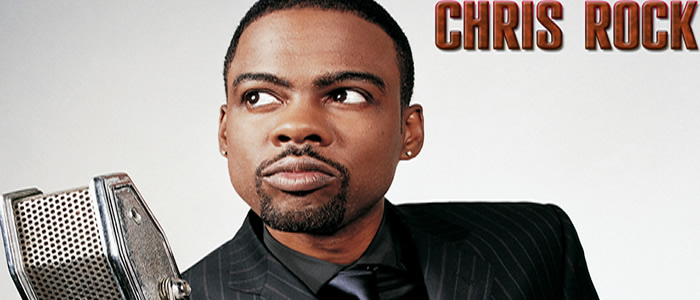
For black women, hair has always been a don’t touch, don’t tell subject.
Comedian Chris Rock turned up the volume in his movie “Good Hair,” pondering why black women spend a fortune for straighter hair, dismissing their natural curl as inferior.
Fallout from the film has sparked a dialogue that brings the controversial subject the costs! the chemicals! out of the salon and onto Main Street.
“I found it a little disturbing,” said Tamara Buchanan, a Suffolk University graduate student.
Buchanan, who is working on a master’s in women’s health, went to look the film expecting Rock “to just make fun of our secret.”
“But I’m a little more educated for seeing it,” said the Roxbury resident, adding she was stunned to learn that the expensive weaves black women spend entire paychecks on are a product of a Hindu haircutting ritual in India.
Buchanan’s pal, Codie Anne Crew, agreed, “It makes you wonder.”
Larry Hamilton, a stylist at Patrice Vinci Salon on Newbury Street, who specializes in relaxers, said hair is a loaded topic for his clients. “It’s a self-esteem issue,” he said. “Coarser, curlier is bad.”
Hamilton, who charges $100 to $120 for chemical straightening, hadn’t seen “Good Hair.” Many of his clients wish they could wear their hair naturally, but get caught up trying to emulate celebrities, he said.
“In some places, if it’s natural, it’s not acceptable,” he said. “There are stigmas to it.”
Buchanan, who currently spent eight hours and $170 on synthetic twists at Helen’s Hair Connections in Roxbury, said the plastic extensions are easy to manage. Her pal, Crew, who had perms during high school, said her current style - natural - is more authentic than ones she’s had in the past.
“You grow into it and you grow into your own self,” she said.
Black hair’s only going to get more attention with the early December release of Disney’s first black-princess movie, “The Princess and the Frog,” and Lisa Price thinks that’s a good thing.
Comedian Chris Rock turned up the volume in his movie “Good Hair,” pondering why black women spend a fortune for straighter hair, dismissing their natural curl as inferior.
Fallout from the film has sparked a dialogue that brings the controversial subject the costs! the chemicals! out of the salon and onto Main Street.
“I found it a little disturbing,” said Tamara Buchanan, a Suffolk University graduate student.
Buchanan, who is working on a master’s in women’s health, went to look the film expecting Rock “to just make fun of our secret.”
“But I’m a little more educated for seeing it,” said the Roxbury resident, adding she was stunned to learn that the expensive weaves black women spend entire paychecks on are a product of a Hindu haircutting ritual in India.
Buchanan’s pal, Codie Anne Crew, agreed, “It makes you wonder.”
Larry Hamilton, a stylist at Patrice Vinci Salon on Newbury Street, who specializes in relaxers, said hair is a loaded topic for his clients. “It’s a self-esteem issue,” he said. “Coarser, curlier is bad.”
Hamilton, who charges $100 to $120 for chemical straightening, hadn’t seen “Good Hair.” Many of his clients wish they could wear their hair naturally, but get caught up trying to emulate celebrities, he said.
“In some places, if it’s natural, it’s not acceptable,” he said. “There are stigmas to it.”
Buchanan, who currently spent eight hours and $170 on synthetic twists at Helen’s Hair Connections in Roxbury, said the plastic extensions are easy to manage. Her pal, Crew, who had perms during high school, said her current style - natural - is more authentic than ones she’s had in the past.
“You grow into it and you grow into your own self,” she said.
Black hair’s only going to get more attention with the early December release of Disney’s first black-princess movie, “The Princess and the Frog,” and Lisa Price thinks that’s a good thing.
Price is the founder of Carol’s Daughter, a natural line of hair products, and earned Disney’s approval to market the official line of “The Princess and the Frog” shampoo, conditioner and detangler to stores such as Macy’s.
“It’s an honor,” said Price, who counts her 3 year old daughter among the impressionable audience that is hungry for a black princess role model.
“It’s an honor,” said Price, who counts her 3 year old daughter among the impressionable audience that is hungry for a black princess role model.

